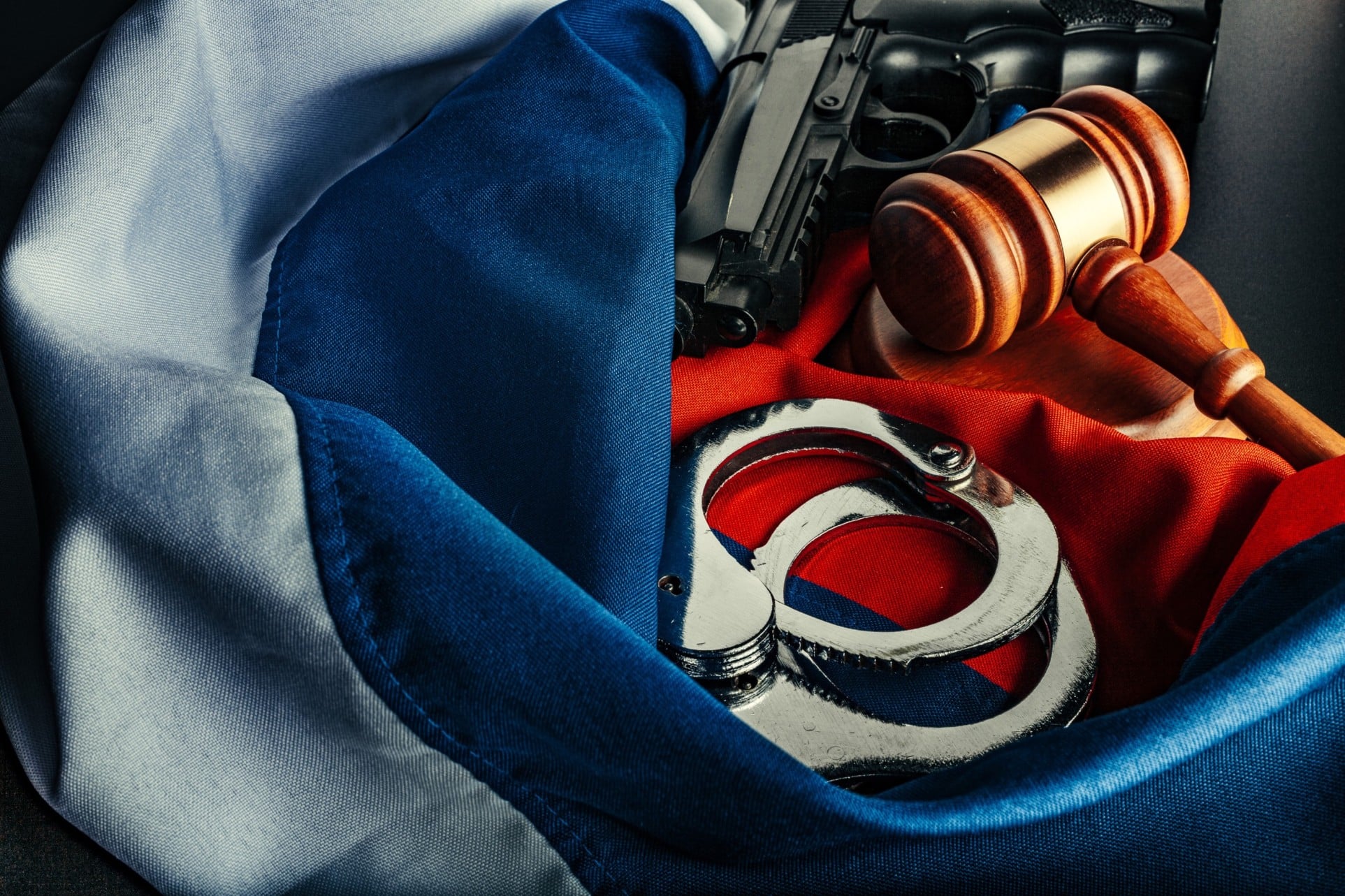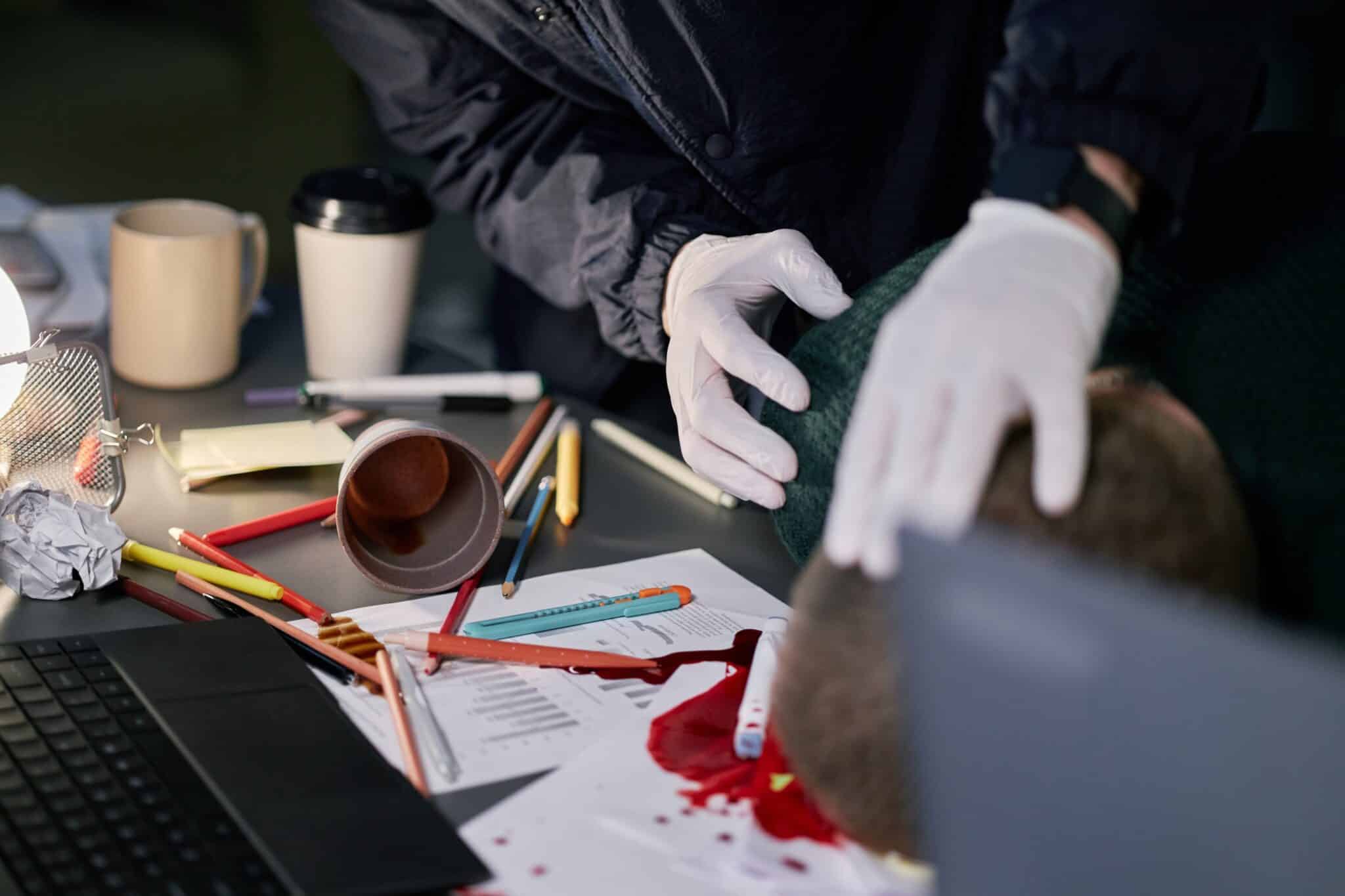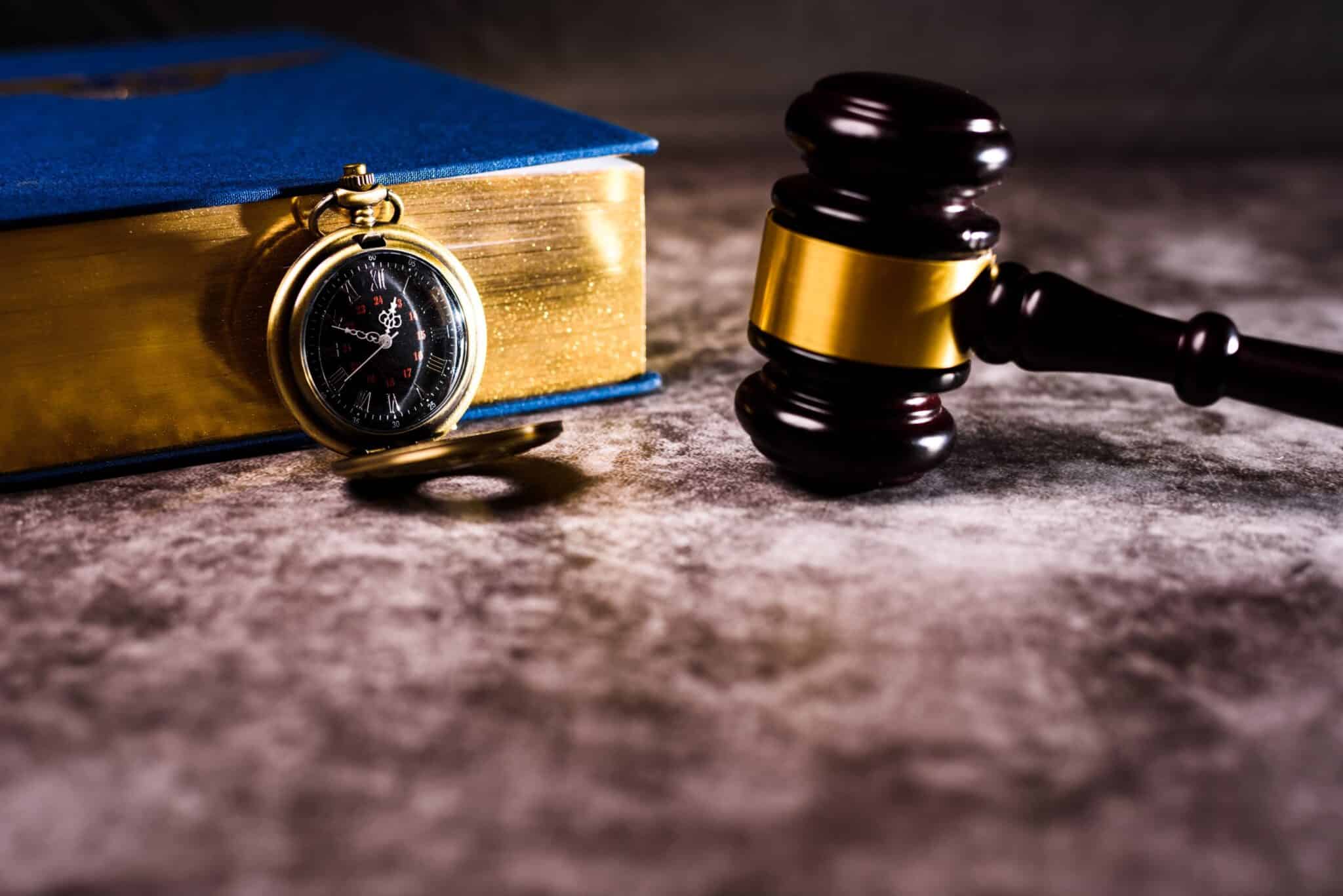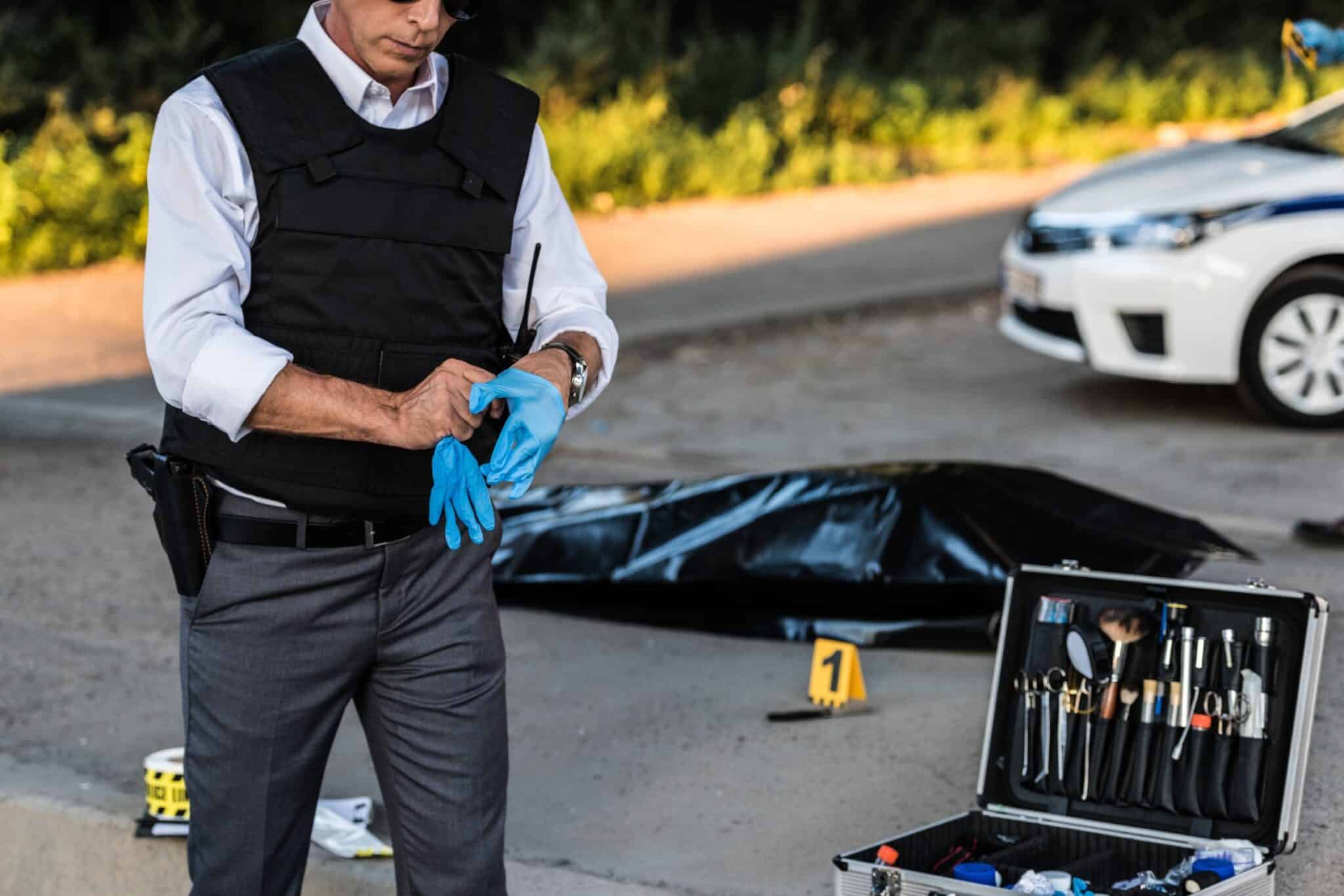FAQ: WHAT DOES A “PLEA DEAL” MEAN IN A KANSAS CITY CRIMINAL CASE?

A plea deal (also called a plea bargain or plea agreement) is a negotiated resolution to a criminal case where the accused agrees to plead guilty (or sometimes “no contest”) in exchange for a defined benefit, often a reduced charge, dismissal of some counts, or a recommended sentence.
In Kansas City, Missouri courts, plea negotiations are common, but the details and the risks matter.
If you’ve been charged with a crime in Kansas City, Missouri don’t wait until it’s too late — call KC Defense Counsel today — and hire an experienced and trusted Kansas City criminal defense lawyer. We can help you build the right defense for your case.
1) What is a plea deal in plain English?
A plea deal is an agreement between the prosecutor and the defense that resolves the case without a trial. Instead of a jury deciding guilt, the defendant enters a plea, and the case ends with sentencing (or another court-ordered outcome) based on the agreement’s terms.
2) Why do prosecutors offer plea deals?
Prosecutors may offer plea deals to:
- Secure a conviction without the uncertainty of trial
- Conserve court resources
- Resolve cases where evidence has strengths and weaknesses
- Encourage cooperation or accountability
For the state, a plea deal is often about certainty and efficiency. For you, it can be about risk management but only if the deal is truly favorable.
3) What kinds of plea deals are most common?
In Kansas City criminal cases, plea deals often fall into a few categories:
Charge Reduction: pleading to a lesser offense (sometimes misdemeanor instead of felony, or a less severe count)
Count Dismissal: pleading to one charge while others are dropped
Sentencing Recommendation: the prosecutor agrees to recommend probation, treatment, or a specific sentencing range
Amended Charge Language: changes that can reduce collateral consequences (employment, licensing, immigration, housing)
4) Does a plea deal mean the judge must follow it?
Not always. The judge controls the final outcome in many situations. Some agreements are structured so the court is expected to follow the recommendation, but judges can reject terms they consider inappropriate.
Your Kansas City criminal defense attorney’s job is to structure the deal correctly, explain judicial discretion, and reduce the chance of unpleasant surprises at sentencing.
5) Do I have to accept a plea deal?
No. You have the right to:
- Review the state’s offer
- Reject it and proceed toward motions, hearings, and trial
- Negotiate for better terms (often possible when the defense identifies evidentiary issues or mitigation)
A plea deal should never be accepted simply because it’s offered. The real question is whether the deal is better than the likely outcome after litigation.
6) What are the risks of taking a plea deal?
The biggest risk is pleading to something that creates long-term damage:
- A criminal record that affects jobs, professional licenses, or housing
- Unexpected probation conditions or violations later
- Hidden consequences (for example, certain pleas can be more serious than they appear)
An experienced Kansas City, Missouri criminal defense lawyer evaluates the fine print — what the plea actually means in the real world, not just on paper.
7) How does a defense lawyer improve plea negotiations?
A skilled Missouri defense attorney can:
- Challenge the stop, search, statements, or identification (which can weaken the state’s leverage)
- Find inconsistencies in police reports and witness accounts
- Present mitigation (employment, family responsibilities, treatment, community ties)
- Negotiate charge and sentencing outcomes that protect your future
In practice, plea deals are often best after the defense has done real work—because leverage comes from preparation.
8) When should I call a lawyer if a plea deal is on the table?
Immediately. Early representation can shape the entire negotiation, sometimes preventing additional charges, protecting your statements, and positioning your case for dismissal, reduction, or a genuinely favorable plea.
HIRE AN EXPERIENCED KANSAS CITY CRIMINAL DEFENSE ATTORNEY TODAY
If you’re facing charges, speak with a skilled Missouri criminal defense lawyer in Kansas City before you agree to anything in court.
A criminal case is not just about what happened; it is about what can be proven in court. Prosecutors must meet a high burden, and an experienced Kansas City criminal defense lawyer knows how to hold them to it. KC Defense Counsel is dedicated to challenging evidence, questioning procedures, and protecting clients from unfair outcomes. Our firm represents individuals across Kansas City facing a wide range of criminal charges.
If you want a defense built on knowledge, preparation, and courtroom experience, do not wait.
Contact KC Defense Counsel today and speak with a trusted Kansas City criminal defense attorney who understands what is at stake.
ICities we serve: Adrian, Archie, Bates City, Belton, Blue Springs, Buckner, Butler, Cameron, Claycomo, Cleveland, Drexel, Fairview, Ferrelview, Gladstone, Grain Valley, Grandview, Greenwood, Houston Lake, Independence, Kansas City Missouri, Kearney, , Knob Noster, Lake Lotawana, Lake Tapawingo, Lake Waukomis, Lake Winnebago, Lawson, Lee’s Summit, Liberty, North Kansas City, Oak Grove, Oakview, Parkville, Peculiar,, Platte City, Platte Woods, Plattsburg, Pleasant Hill, Raymore, Raytown, Riverside, Smithville, Sugar Creek, Tracy, Warrensberg, Weatherby Lake, and Weston.
Statewide: Missouri State Highway Patrol and Sheriff Counties we serve: Bates County, Cass County, Clay County, Jackson County, Platte County, Ray County.
Contact our experienced Kansas City criminal defense lawyers near me in Missouri and let us help begin building your defense. Let us help.
Disclaimer: This page is for informational purposes only and does not create an attorney-client relationship. Always consult qualified counsel regarding your unique situation.








Recent Comments